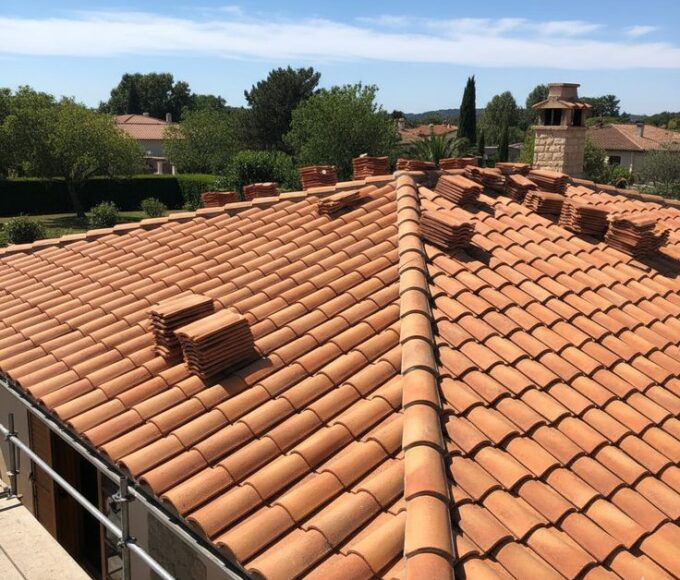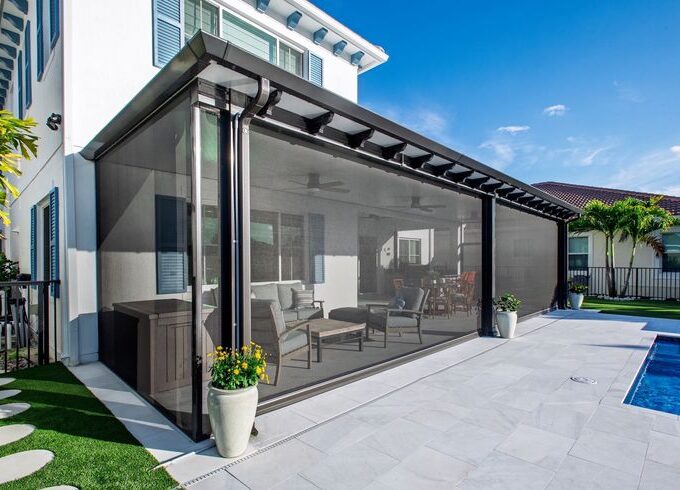It is like deciding to live in the world where you do not have to lift a mop or bucket as your floors will be absolutely clean. This dream has managed to come true owing to the robot vacuums that have altered how people clean their houses. However, these convenient appliances are not only convenient; they are also important in taking good care of the earth. With the emergence of sustainability as a burning issue, it is necessary to realize the environmental advantages of robot vacuum cleaners. Reducing energy use to improve the quality of indoor air, here are some of the ways these smart machines can help us implement a greener tomorrow whilst keep your space fresh and clean.
How Robot Vacuums Help Reduce Energy Consumption
robovac eufy are the ones which are energy-efficient. Contrastingly to the conventional vacuums that mostly require a lot of power usage, these small gadgets consume less energy without compromising on efficiency in cleaning.
Most of the models have intelligent navigation systems. They chart the home and are able to clean certain parts of the home better and take less time in doing so. It implies that they will be able to do the job without having to run over a long distance.
Also, a significant portion of robot vacuums has an eco-friendly mode. These environments maximize their working rates with minimal consumption of electricity thus very viable alternative to routinely use in ensuring their maintenance.
These machines also charge faster and have more reserves of power as they incorporate powerful battery technology. Not only does this increase their life expectancy it also cuts down the total amount of energy consumption as opposed to full power vacuuming which is done on a regular basis.
The Environmental Impact of Traditional Vacuuming Methods
The old forms of vacuuming can prove an expensive sacrifice to the environment. Some of the common vacuums use a lot of energy. This overuse of the products leads to the elevation of greenhouse emissions.
Besides, those materials which are used in traditional vacuum devices are not necessarily environmentally-friendly. The non-biodegradable materials such as plastics end up in the landfills, which might take a period of decades to tens of years before decomposing.
The dust bags and filters which are present in the traditional models are also an issue. They often end up in trash streams, which contribute to the level of pollution besides causing harm to wildlife.
Besides, there are older designs of vacuum which are not energy efficient. These machines can consume more energy and also encounter replacement bodies that can strain more on the natural resources.
The changing environmental trends in modern society have made it apparent that our cleaning techniques must be improved in preparation of the new values that surround the environment.
Reduced Use of Harmful Chemicals
Most old cleaning procedures are based on toxic chemicals; this is done to have a clean house. They are not only a harmful thing on the surface but also on our health and the environment.
The robotic vacuum cleaners also operate on small or no chemical substance. Theygenerate effective suction and superior filtration so your floors are clean without use of harmful cleaners. This lessens the contact with allergens and irritants which may remain in traditional cleaning items to a large extent.
Moreover, after reducing the use of these chemicals, we add fewer pollutants into the waterways. Water which flows into the drains is usually accompanied by the remainders of household cleaners. As robot vacuums help to eliminate this dependency, we are more progressively becoming cleaner ecosystems.
There is more to switching to the robot vacuum than convenience; however, it is also beneficial to the tree and promotes much healthier living environments.
Preserving Indoor Air Quality
Internal air quality has a great impact on health and wellbeing. Allergens, pollutants and dust collected in households causes respiratory problems and other health related problems.
Robot vacuums are superior since they keep the cleaned area tidy and do not stir up the dust by conventional cleaning. They have a smooth but powerful suction which guarantees that the debris is not spread back into the air.
Most of those machines are fitted with high-efficiency particulate air (HEPA) filters. These are specialized filters that capture the smallest particles hence minimizing the allergenic elements circulating within the house.
Since robot vacuums are frequently cleaned, fewer drainage chemicals will be required as most cleaning techniques involve the use of deadly chemicals. This eventually ends up providing you and your family with a healthier living condition.
Having your robot vacuum active on a daily basis, you will be creating a safer environment in terms of air while making your interior much more comfortable.
Long-Term Cost Savings with Robot Vacuums
Such an inexpensive investment can save a lot of money in the long term. The devices are efficient in energy consumption and it tends to reduce expenses on energy. Most robot models consume less power as opposed to their traditional vacuum counterparts did as they emitted great quantities of electricity in the course of their activity.
Moreover, the robot vacuums have fewer wear and tear effects on your flooring than the heavier conventional ones. This would result in less repair or replacements in the long run. These machines are also long-lasting, which means even more money savings; working years of the machines are usually longer in comparison to the common vacuums.
In addition, the automation feature enables one to keep a cleaner house with less effort and intensity of deep cleaning that is needed. Constant cleaning will avoid the deposit of dirt leading to demand of professional cleaning services in the future.
Not only do you buy an environmentally friendly cleaning solution by selecting a robot vacuum, you also place yourself in a long-term financial advantage. This is a payback deal since it not only leaves your space clean, but it is also friendly to nature and your pocket.











